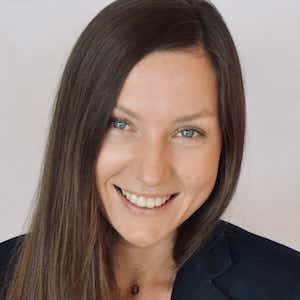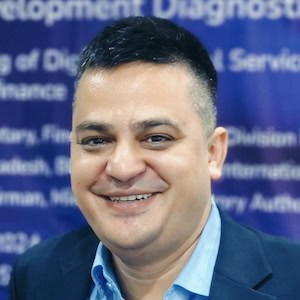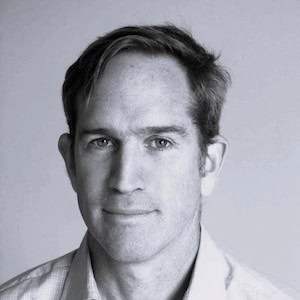-
It’s Time to WASH Up: Three lessons for developing effective water, sanitation and hygiene interventions
The lack of access to safe sanitation and clean water holds back social and economic development through negative impacts on health, education and livelihoods. Research shows the situation can be improved through interventions that place an emphasis on the end beneficiary and leverage local private-public expertise in design and delivery.
- Categories
- Agriculture, Education, Health Care
-
Interested in “Last Mile” solutions in a European context? We want to pick your brain
Help identify innovative partnership models to provide solutions to the Last Mile Challenge! No registration is needed, just gather all the ideas you have and come to comment, share and contribute on the online Google document. Changemakers will facilitate a dynamic ONLINE BRAINSTORM on 3 to 6pm CET on Wednesday, April 2.
- Categories
- Uncategorized
-
Rwanda’s Push for Financial Inclusion: The government has set a target of 90 percent financial inclusion by 2020
Six years ago, the 2008 FinScope survey found that just 21 percent of Rwandan adults were participating in the formal financial sector. Largely in response to these figures, the government launched bold initiatives focused on financial inclusion. Now, according to World Bank researcher Douglas Randall, signs of progress are everywhere.
- Categories
- Uncategorized
-
An Open Letter to Larry Page: Paul Polak urges Google CEO to invest in for-profit poverty alleviation
Google CEO Larry Page recently said he’d rather hand over his cash to Elon Musk, of Tesla, than donate it to a philanthropic organization. In an open letter, social entrepreneurship veteran Paul Polak suggests a third way for Google to make money and help the poor.
- Categories
- Uncategorized
-
NexThought Monday – Making the Food Trade Work for All: On Cesar Chavez Day, approaches to growing quality food that uphold human dignity
Whether it’s a pineapple farm in Costa Rica or an apple farm in North America, farm workers can often find themselves a part of a globally marginalized, transient and largely invisible workforce that brings us our food each day. Just as the issues in our global food systems cannot be addressed by problem-solving in one region alone, restoring pride and dignity to the American farm worker also requires a far more global perspective and approach.
- Categories
- Agriculture
-
Weekly Roundup – 3/29/14: Blurred Lines in Banking – the changing definition of “bank” at the BoP
The Internet has reshaped banking in the U.S., where half of the population hasn’t entered a bank branch in the past month. This evolution has been even more dramatic at the BoP, where mobile and branchless banking services are making brick-and-mortar banks increasingly obsolete. We take a look at these changes in this week’s Roundup.
- Categories
- Uncategorized
-
Breathing Life Into Ethiopian Health Care: Firm aims ‘to set the bar as high as possible’ as country’s only medical device manufacturer
There were no medical device manufacturing companies in Ethiopia. That is, until Tiffani Diage, Fasil Kiros and Birhanu Assefa Belay found the funding for a start-up firm to make mechanical resuscitation devices.
- Categories
- Health Care
-
Can Digital Currencies Change the World?: Bitcoin is a tech-savvy alternative to traditional payment systems, but could it meet the needs of the financially excluded?
Riding on the Bitcoin hype, a legion of techno-optimists believes that digital crypto-currencies have the potential to transform ineffective global payment systems, and ultimately spur global financial inclusion. But will digital currencies such as Bitcoin truly change the global payment infrastructure and bring financial access to millions?
- Categories
- Technology










